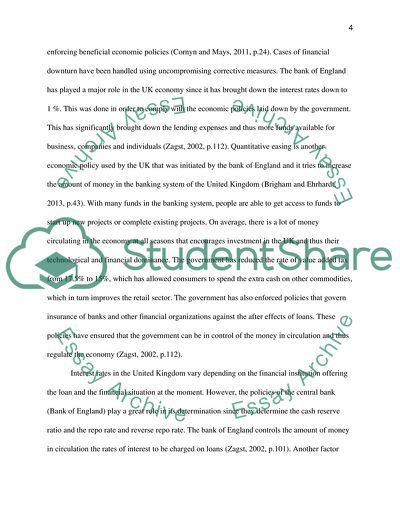Cite this document
(Why is the financial sector so important to the UK economy Essay, n.d.)
Why is the financial sector so important to the UK economy Essay. https://studentshare.org/macro-microeconomics/1825570-why-is-the-financial-sector-so-important-to-the-uk-economy
Why is the financial sector so important to the UK economy Essay. https://studentshare.org/macro-microeconomics/1825570-why-is-the-financial-sector-so-important-to-the-uk-economy
(Why Is the Financial Sector so Important to the UK Economy Essay)
Why Is the Financial Sector so Important to the UK Economy Essay. https://studentshare.org/macro-microeconomics/1825570-why-is-the-financial-sector-so-important-to-the-uk-economy.
Why Is the Financial Sector so Important to the UK Economy Essay. https://studentshare.org/macro-microeconomics/1825570-why-is-the-financial-sector-so-important-to-the-uk-economy.
“Why Is the Financial Sector so Important to the UK Economy Essay”. https://studentshare.org/macro-microeconomics/1825570-why-is-the-financial-sector-so-important-to-the-uk-economy.


